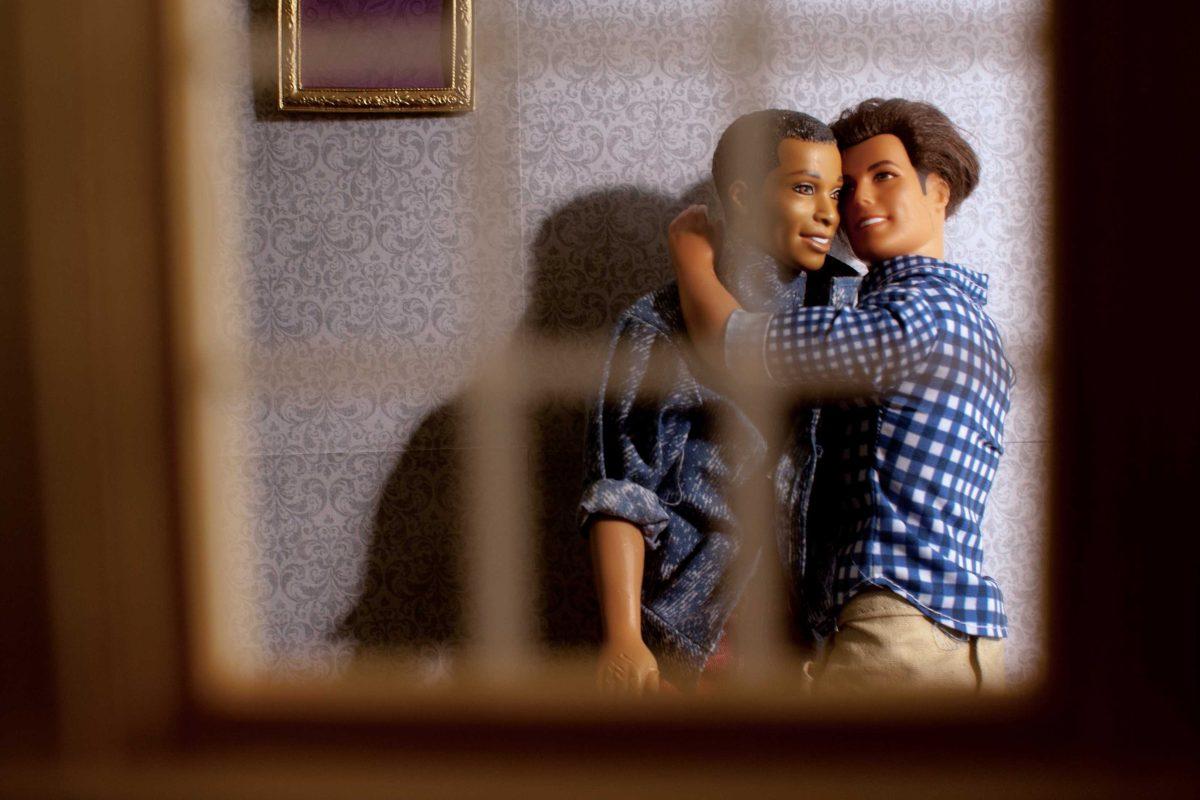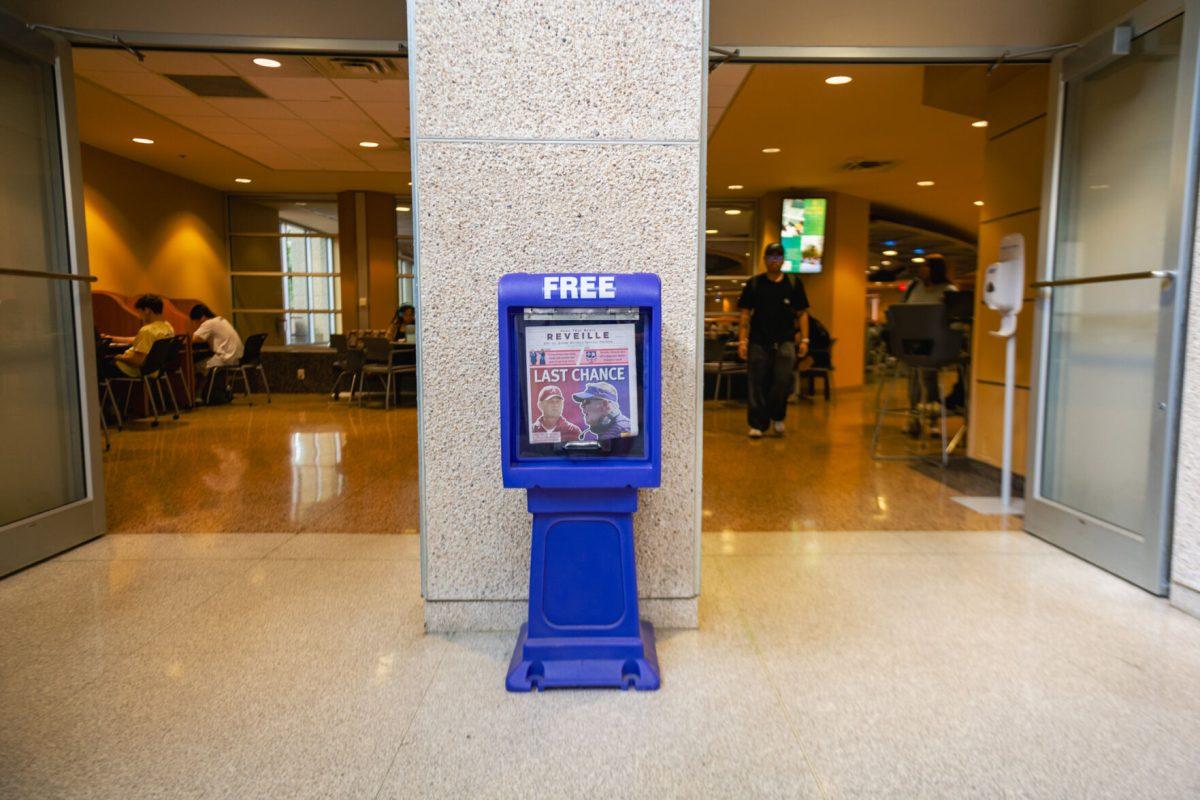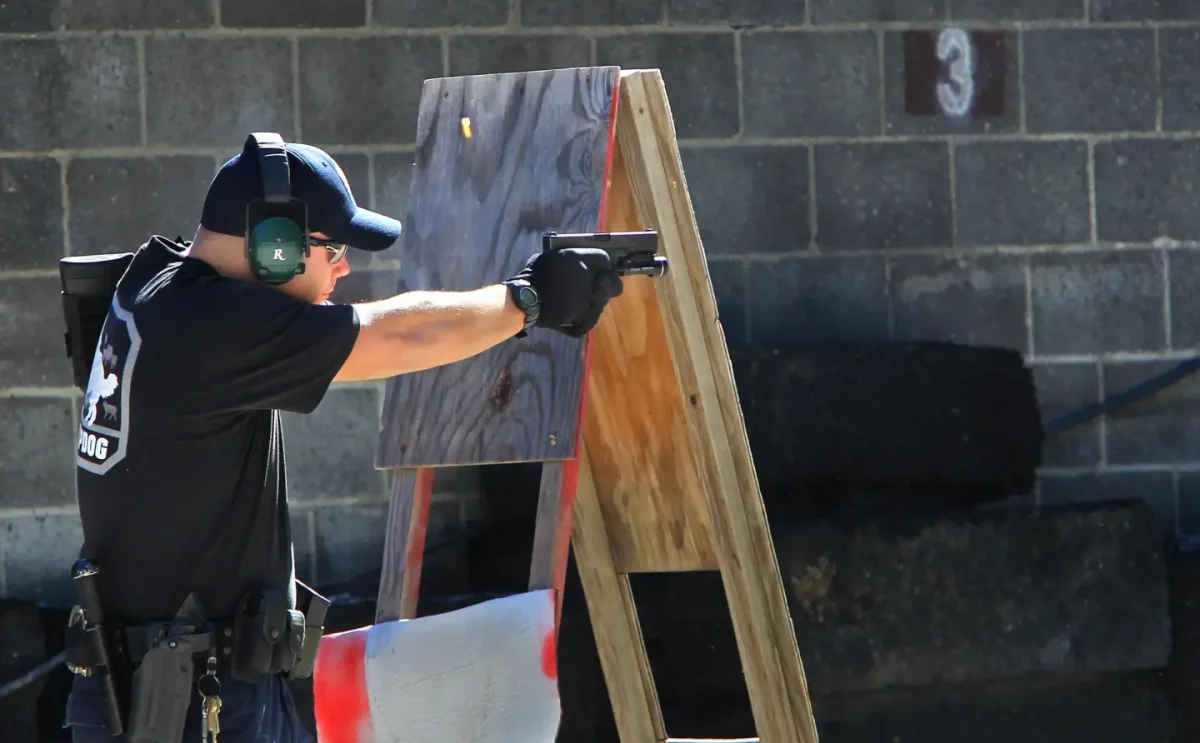College, if anything, is a chance for exploration. Away from the harsh judgement of parents, students often begin experimenting with drugs and alcohol, different religious beliefs and sex. Sexual exploration in college is nothing new. Fueled by alcohol and hormones, it seems fated that college kids will “get it on” in inventive ways.
It’s no surprise, then, that many students don’t “come out of the closet” until college. Conservative parents, religious affiliations and fear of judgement along with the exposure to new ideas through “liberal academia” are all reasons typically assumed for why kids wait until college to admit their preferred sexual identity.
I offer up myself as the textbook case: Growing up Catholic with fairly conservative parents, I didn’t think a sexual orientation besides “straight” would be accepted. At the beginning of my freshman year at LSU, I joined Spectrum, the LGBTQ and allies (lesbian, gay, bisexual, transgender, queer) organization on campus. There I met students whose identities ranged from homoerotic asexual (someone who is nonsexual but romanticizes the same sex) to simply “queer” (an umbrella term for anyone who identifies as something other than heterosexual and cisgender). Interacting with others in the community inspired me to come out to my friends and classmates as bisexual. And, after a year of being out, I decided to drop the bomb on my family. Surprisingly, my parents were beyond supportive though uncomfortably inquisitive at times. Being away from home and participating in a group like Spectrum gave me the freedom and courage to be myself openly.
But things don’t always go over so smoothly. It is not uncommon for families to react badly to their queer or questioning children. According to Upworthy.com, a social media activist site, one in two adolescents experience a negative reaction when coming out. A staggering 86 percent of lesbian and gay youths surveyed report verbal harassment at school due to their sexual orientation. Out of 1.7 million homeless adolescents in the country, 20 to 40 percent identify as LGBT. And in my personal experience, I have known parents to flat-out disown their children because of their sexual identities.
Coming out under tough circumstances can be a nightmare, as R.S., an LSU student, knows all too well. Living in a small town, R.S. feared the reaction of his family and friends to finding out he was gay. After a messy breakup with a girlfriend, R.S. decided to test the waters and come out to his closest friends. They were all supportive. But coming out to his religiously conservative parents (his mother a Jehovah’s Witness and his father a Catholic) would be no easy task. R.S. waited until he had moved to Baton Rouge for college to tell his parents. He made sure he was financially independent because he worried they would take everything from him. Unfortunately, his worries came true. Upon finding out their son was gay, his parents took his car, his phone and his laptop, cutting him off from the support of his friends. His father even told his extended family their son had died, and when they drove from out of state in tears to find out what happened and saw R.S. on the couch, his father said they’d lost a son and he was dead to them. Days of arguing ensued. When R.S. finally returned to his apartment in Baton Rouge, he was exhausted emotionally.
“The hardest part of coming out was having my parents turn away and forget me because they believed I was their biggest failure. I want my parents to be proud of me, but they can’t see past my sexuality. I’m not even their son anymore, they announced that I was dead,” R.S. said.
A year later, R.S. still holds out hope that he and his family will be able to work things out.
“I want them to be the adults and take a mature stance,” R.S. said, “but I don’t think that will happen.”
Coming out is hard, but it’s even harder in Baton Rouge. According to a 2012 survey by the Human Rights Campaign, the city scored 2 out of 100 points in gay and transgender friendliness, ranking it the fourth least-friendly LGBT city surveyed. The survey rated cities on six categories including “non-discrimination laws, relationship recognition, the municipality’s employment practices, inclusiveness of city services, law enforcement and municipal leadership.” This largely came as no surprise to me and some of my close friends, many of whom have first-hand accounts of having met with discrimination and even violence.
Let’s not forget the alleged hate crime that occurred September 23, 2011, at Reggie’s. A gay couple involved claimed they sustained injuries at the hands of a Reggie’s employee. Discrimination from Tigerland bars is nothing novel, and it further emphasizes Baton Rouge’s place as a non-friendly city for members of the LGBT community.
There’s never going to be a “right time” to come out of the closet. However, the college years seem to be a time in which open-mindedness and experimentation are most accepted. For many students, this holds true. For others, fear of rejection and discrimination by family and friends keeps them from opening up about certain aspects of themselves.
LSU as a campus and Baton Rouge as a community have never been on the forefront of social change. In fact, LSU didn’t integrate until the federal court mandated it in 1964. It comes, then, as no surprise that the flagship University and its home city are far behind the rest of the nation in acceptance of LGBT people. Coming out is hard, but it shouldn’t have to be.
“Even though coming out had terrible consequences in my situation, the shackles are off,” R.S. said. “My two lives have become one, and I’m whole.”










